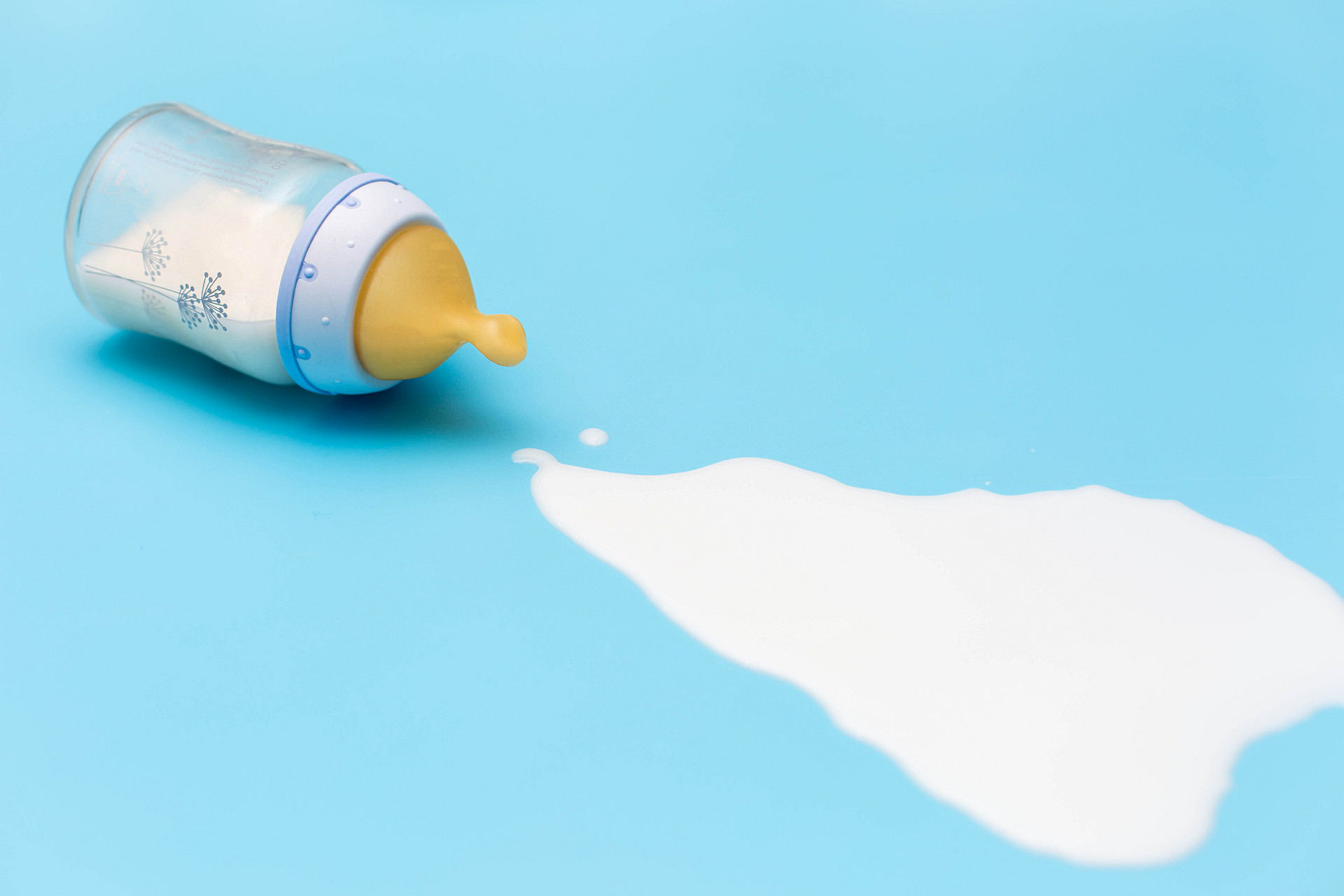Autumn diarrhea, clinically known as "rotavirus enteritis", is a high incidence season in September every year. Young children have poor resistance and sensitive stomach and spleen, making them more susceptible to viral enteritis during the fluctuating weather of autumn. Children between 6 months and 3 years old are most vulnerable to this invasion. Experts propose five suggestions on how to prevent autumn diarrhea in children.
Proper Feeding to Enhance Immunity
Proper and correct feeding can strengthen a child's immune system and improve their disease resistance. The following aspects should be considered for proper feeding: advocating for breastfeeding. Breast milk contains unique active substances that can enhance a baby's immunity. Timely introduction of complementary foods. Complementary foods should be gradually increased from small to large, from thin to thick, from fine to coarse.
Emphasize Hygiene and Virus Prevention
The main route of transmission for autumn diarrhea is through oral transmission, so hygiene is crucial to prevent diseases from entering through the mouth. Toys and utensils used by children should be regularly disinfected; furniture that children can touch should be frequently washed with clean water; infants and young children should wash their hands before and after meals and bowel movements; when adults return home from outside, they should change their clothes, wash their hands, and then have close contact with their children. In addition, autumn diarrhea can also be transmitted through the respiratory tract, so it is advisable not to bring children to crowded public places and reduce the chance of infection and avoid contact with sick children.
Outdoor Exercise for Strong Physical Fitness
"Do not raise children as delicate flowers in a greenhouse." Experts suggest that children should have more contact with nature, exercise their bodies, enhance their physical fitness, and improve their disease resistance. Infants can be taken outdoors after the neonatal period. Choose weather conditions with no wind, relatively good climate, and small temperature difference between indoors and outdoors. Start with a few minutes a day and gradually increase to more than ten minutes each time. At 3-4 months old, go outdoors 1-2 times a day, with each activity lasting 0.5-1 hour. After 6-7 months, go outdoors twice a day, with each activity lasting about 1 hour. Gradually increase outdoor activities to more than 2 hours per day. Consistency is key for outdoor activities to achieve the desired exercise effect. When going out, adjust clothing according to the season and weather to prevent catching a cold.
Vaccination for Prevention
Autumn diarrhea in children is mainly caused by rotavirus infection. Rotavirus vaccine can prevent 98% of babies from severe diarrhea, and 74% of babies can avoid rotavirus diarrhea, which is autumn diarrhea. Therefore, experts recommend that children under 5 years old, especially infants aged 6 months to 3 years old, should receive rotavirus vaccination to prevent diarrhea.
Tui Na and Medicinal Patch for Stomach and Spleen Regulation
Traditional Chinese medicine believes that diarrhea is mainly caused by external pathogenic factors, internal injury from milk, weak spleen and stomach, or deficiency of spleen and kidney yang. Tui Na for children, such as strengthening the spleen meridian, manipulating the eight trigrams, kneading the gate of the abdomen, smoothing the large intestine, massaging the abdomen, pinching the spine, and rubbing the Zusanli acupoint, can promote healthy spleen function, aid digestion, and relieve food accumulation. In addition, applying traditional Chinese medicine patches to the navel, such as using Wu Zhu Yu and fried Cang Zhu mixed with vinegar, can warm the kidneys, regulate the spleen, and relieve pain. This method is painless, has very few adverse reactions, can shorten the duration of the illness, and is easily accepted by children. It is an effective auxiliary measure for treating autumn diarrhea in infants and young children.
Experts remind that autumn diarrhea is not limited to occurring only in autumn, but it can happen throughout the year with a higher incidence in autumn. Parents should pay attention to keeping their children's abdomen warm in cold weather. If diarrhea occurs, it is important to seek timely medical treatment from a reputable medical institution, identify the cause of the disease, and administer appropriate treatment. Do not self-medicate to avoid worsening the condition.











